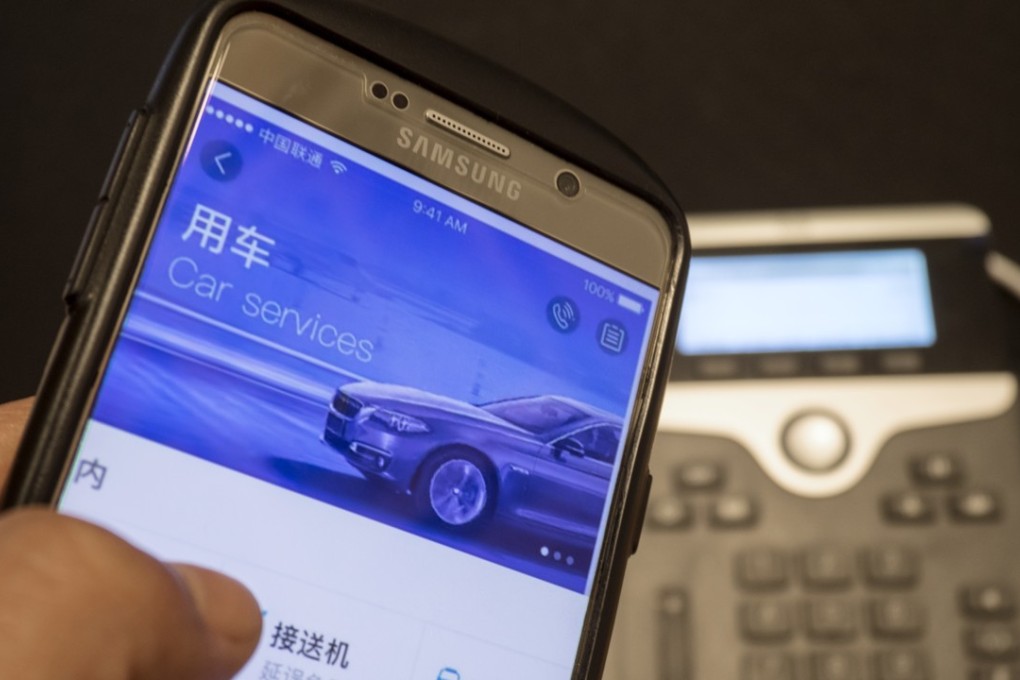AutoNavi jumps into China’s ride-hailing fray with its first app to search and book from multiple providers

As China’s ride-hailing market heats up again, Alibaba Group’s AutoNavi maps service has found a way to join the fray by launching a ride-hailing booking service.
The 700 million users of AutoNavi’s map service can now, for the first time, choose from a list of ride-hailing providers, including China’s dominant player Didi Chuxing, as well as Ucar Inc and Shouqi Limousine & Chauffeur.
To attract users, AutoNavi is offering generous subsidies to encourage ride-bookings made through the app – a strategy adopted by many Chinese internet companies to quickly gain market share.
AutoNavi’s move to launch its ride-hailing aggregator comes as competition in the industry heats up again.
Less than two years after the merger between Uber China and Didi Chuxing effectively made the latter a near-monopoly in China’s multibillion-dollar ride-hailing market, new entrants such as Meituan Dianping and Ctrip have entered the fray in a bid to carve out market share for themselves.
Alibaba’s new aggregator service also puts it on par with Baidu Maps, which already allows users to access a variety of ride-hailing services within the app itself. AutoNavi also launched its own carpooling service in March this year.